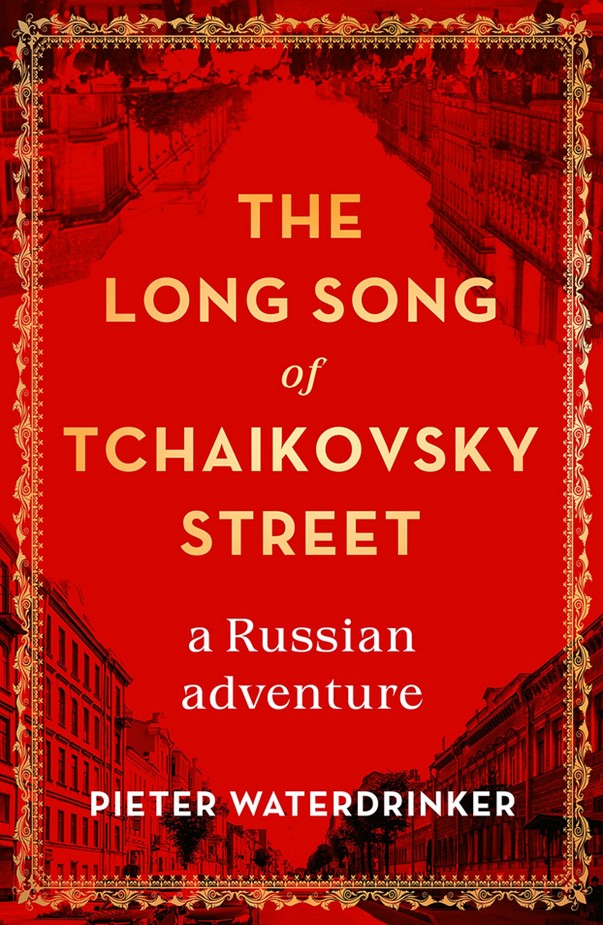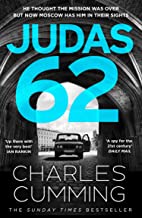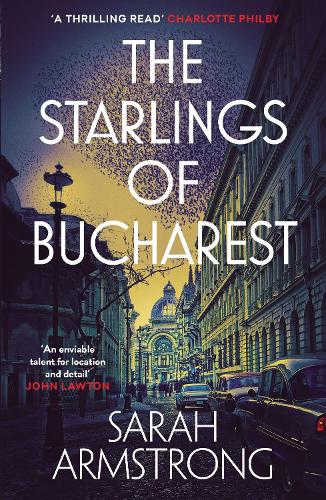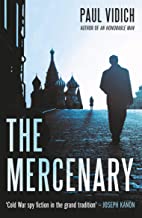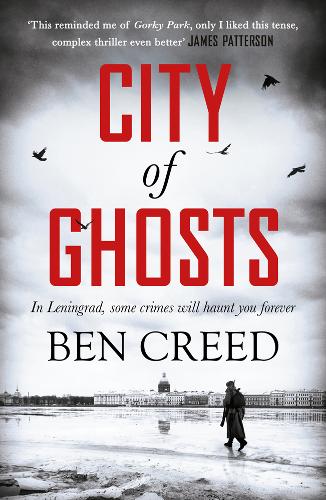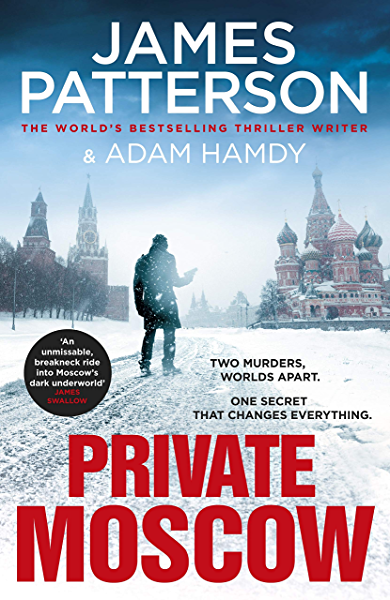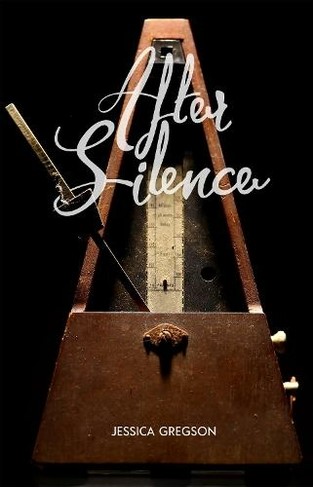
With the exception of this one post, the Russia in Fiction book blog has been on hold since February 2022. Writing reviews of stories about Russia has seemed too frivolous whilst the reality of warfare has come to Ukraine and Russia. Just as Trofim found music frivolous when he was immersed in conflict and death (see below). Reading about Russia and Ukraine in the daily news has been enough these long months, leaving little desire left for leisure reading to feature the Russo-centric plots that are grist to Russia in Fiction’s blog mill. We have instead turned to other settings for escapist thrillers and more literary novels alike.
But a novel of war has —temporarily at least— released the blog brake. And in that sense, After Silence seems a fitting title.
Jessica Gregson’s After Silence marks both exception and return. We read it at the end of summer and feel constrained by the relative lack of publicity and reviews concerning this fine book to tell Russia in Fiction’s readers how beautifully written and deftly constructed Gregson’s story is.
Continue reading